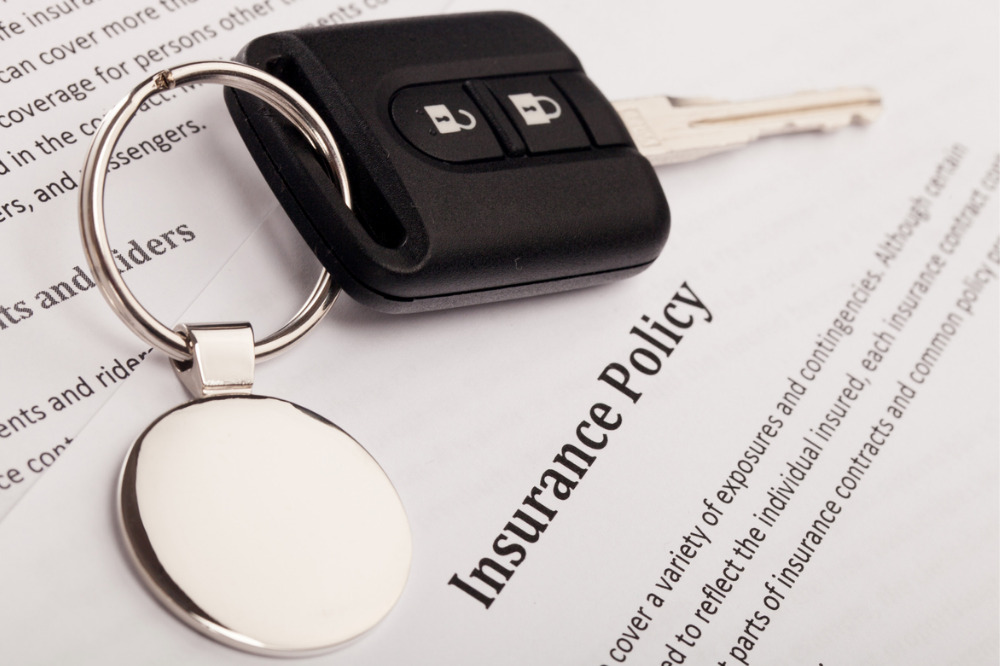Personal injury protection insurance – a state-by-state guide

No-fault laws are an alternative to the tort liability system, which requires the at-fault driver’s insurer to pay out claims resulting from an accident and does not impose limitations on a person’s right to sue.
Apart from no-fault and tort liability laws, there are two more categories of auto liability insurance systems implemented in the US. The choice no-fault system, where motorists can choose between no-fault and tort liability, and add-on insurance laws that work similarly to the no-fault system, requiring claims to be paid out by the policyholder’s insurer even if the other driver caused the accident, although the rules do not place restrictions on the person’s right to sue.
Read more: Revealed: Most and least expensive places in the US for car insurance
What does personal injury protection insurance cover?
PIP insurance is designed to cover injuries sustained in a vehicular crash, regardless of who caused the accident. Coverage requirements vary from state to state but typically include:
Medical expenses
PIP policies help pay out for the cost of medical treatments – including ambulance services, surgery, hospital stays, nursing, medication and medical supplies, x-rays, rehabilitation, prostheses, dental and optical treatment, and chiropractic services – up to the limits of the coverage. Coverage can extend to the policyholder’s family members and other passengers of the vehicle.
Personal injury protection insurance also covers the policyholder even if the accident happens when they are not behind the wheel. If they get hit by a car while walking or riding a bicycle, for example, they will be covered by this policy.
Lost income
PIP insurance will cover lost wages if the policyholder or others listed in the policy are unable to work because of the injuries sustained from a car accident.
Household services
If the policyholder is not able to perform daily household tasks, including cleaning, yard work, and childcare, because of the accident, personal injury protection policies may provide benefits to help cover the cost associated with these services.
Death benefit
PIP coverage may also provide a death benefit for the policyholder’s family. This payout can be used to cover funeral expenses.
Personal injury protection insurance, however, does not cover damage to the vehicle or other people’s property. It also does not provide a payout for claims resulting from accidents caused intentionally or occurring while the driver is committing a criminal act.
Which states offer personal injury protection insurance?
As of December 2021, twelve US states – Delaware, Florida, Hawaii, Kansas, Massachusetts, Michigan, Minnesota, New Jersey, New York, North Dakota, Oregon, and Utah – require PIP coverage, according to credit monitoring agency Wallethub. All these states, except for Delaware, implement a no-fault system. In Pennsylvania, auto insurance laws require drivers to take out $5,000 in medical benefits but do not specifically mention personal injury protection.
Read more: Florida mulls decision to discontinue no-fault insurance
PIP policies can also be purchased in seven other states – Arkansas, Kentucky, Maryland, South Dakota, Texas, Virginia, and Washington – and the District of Columbia, although coverage is optional.
The table below from Wallethub provides details of the coverage requirements for each state offering personal injury protection insurance.
State
Requirement
Minimum coverage requirement
Arkansas
No
$5,000
Delaware
No
$15,000 per person
$30,000 per accident
$5,000 for funeral services
Florida
Yes
$10,000 per person
Hawaii
Yes
$10,00 per person
Kansas
Yes
$4,500 per person for medical expenses
$4,500 for rehab expenses
$2,000 funeral expenses
$900 per month for disability/loss of income
$25 per day for in-home expenses
Kentucky
No
$10,000 per person, per accident
Maryland
No
$2,500
Massachusetts
Yes
$8,000 per person, per accident
Michigan
Yes (Opt-out available for some Medicare enrollees as of July 2020)
$250,000 per accident
$50,000 for some Medicaid enrollees
Minnesota
Yes
$20,000 for medical expenses
$20,000 for loss of income
New Jersey
Yes
$15,000 per person
Up to $250,000 for severe/permanent injury
New York
Yes
$50,000 per person
$2,000 death benefit
80% of lost income up to $2,000/month
$25 per day for services
North Dakota
Yes
$30,000 per person
Oregon
Yes
$15,000 per person
Pennsylvania
Medical benefits required
$5,000 per person, per accident
South Dakota
No
No minimum coverage requirement
Texas
No
$2,500 per person
Utah
Yes
$3,000 per person
$1,500 per person funeral expenses
$3,000 death benefit
$250 per week or 85% of lost income (whichever is less)
$20 per day for services
Virginia
No
$2,000
Up to $100 per week for lost wages for up to 12 months, in some cases
Washington
No
$10,000 per accident
Washington D.C.
No
$50,000 per person
$12,000 per person for lost wages
$4,000 for funeral expenses
Source: Wallethub





